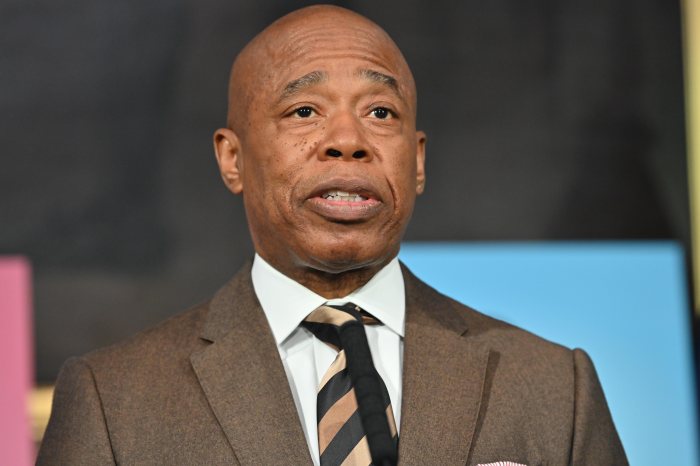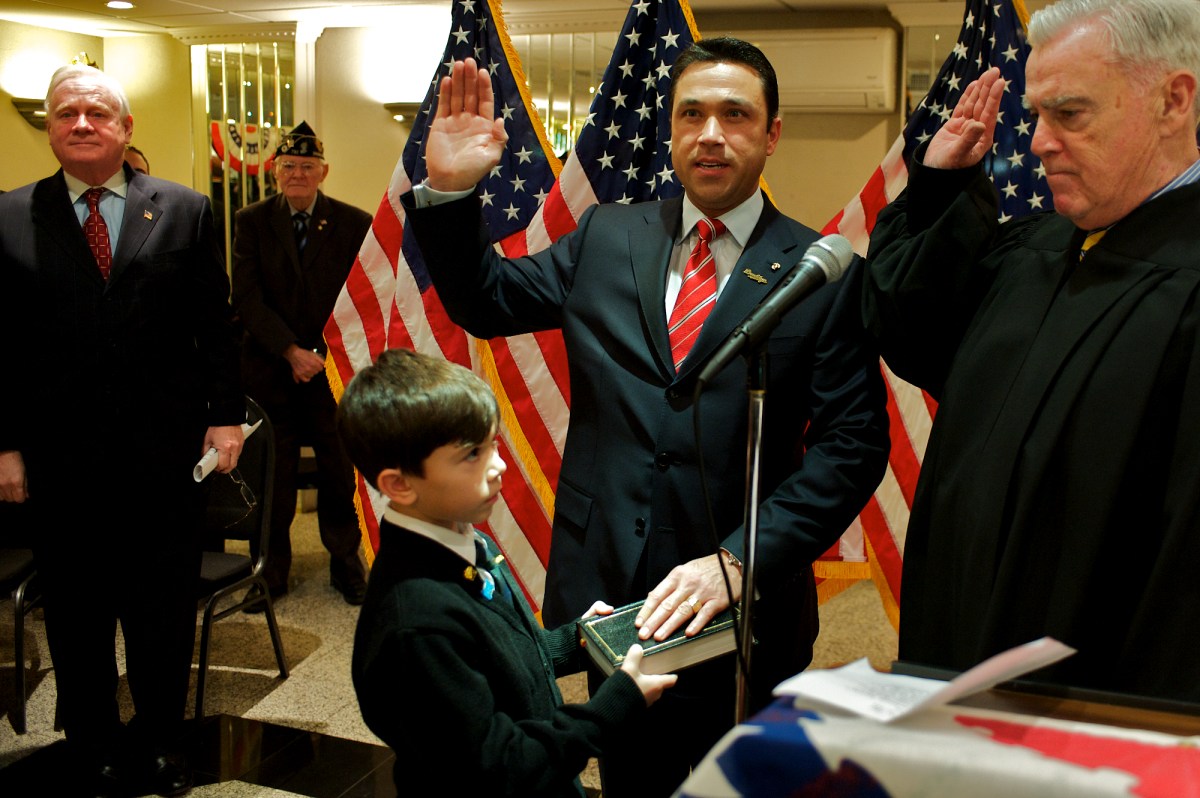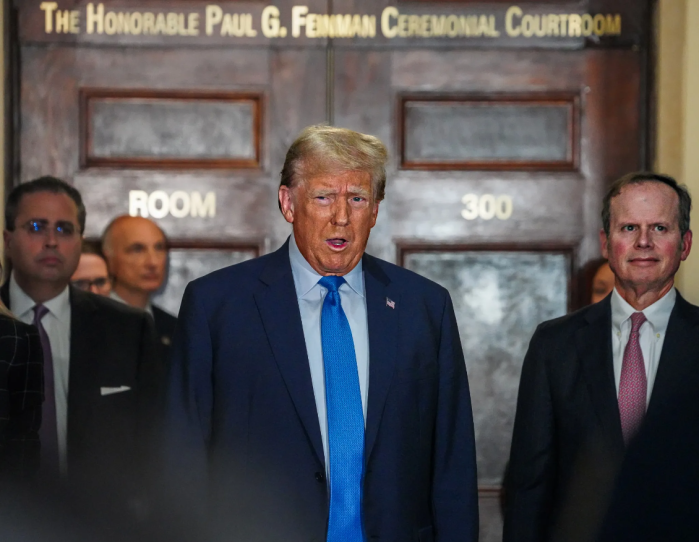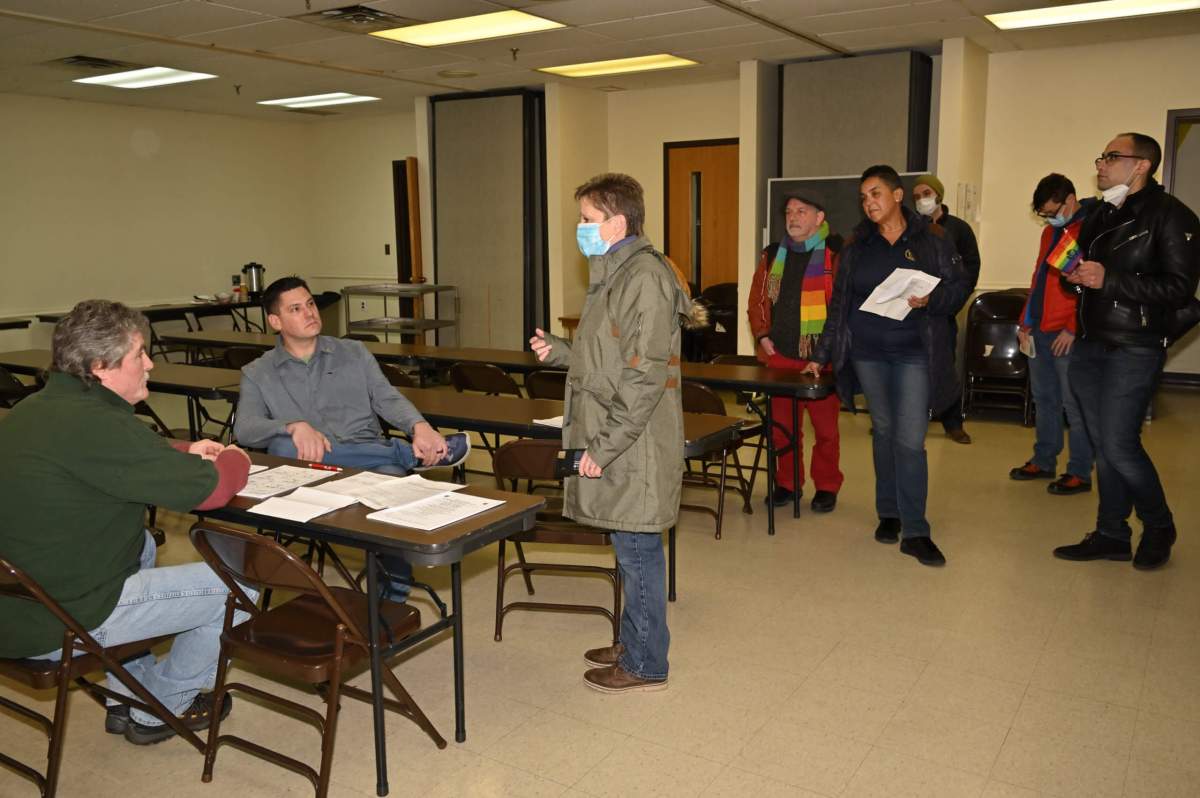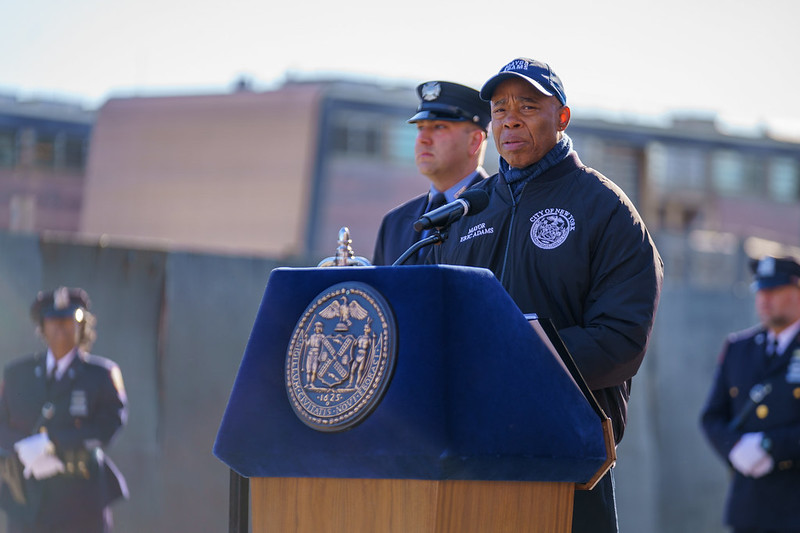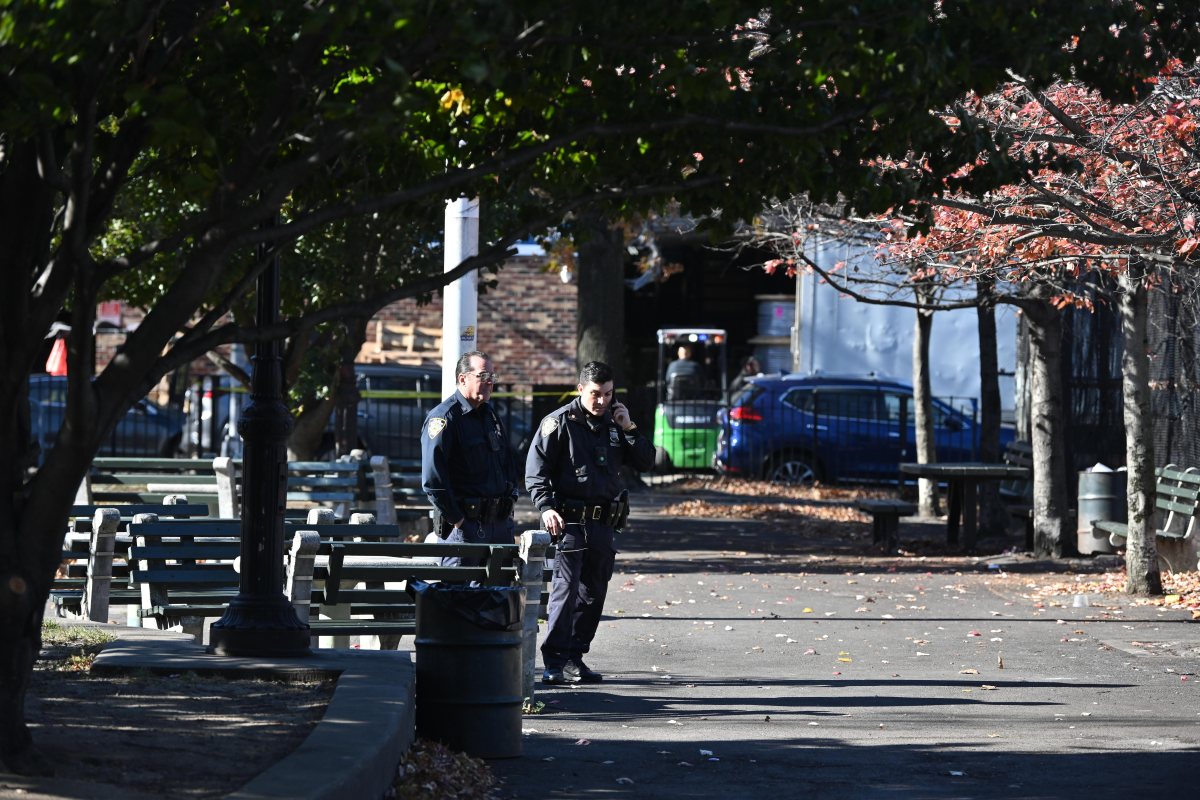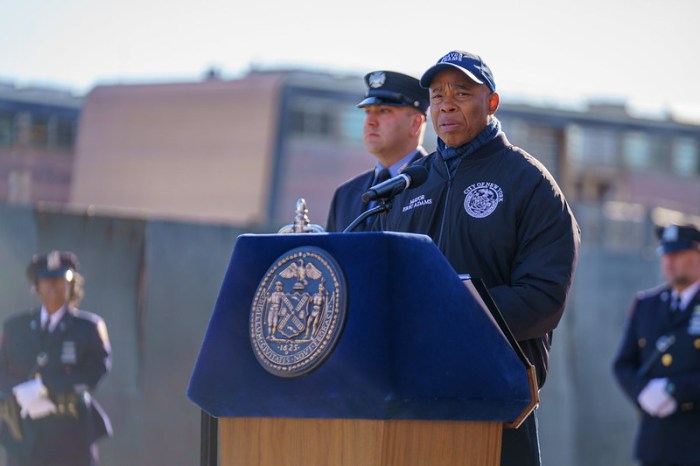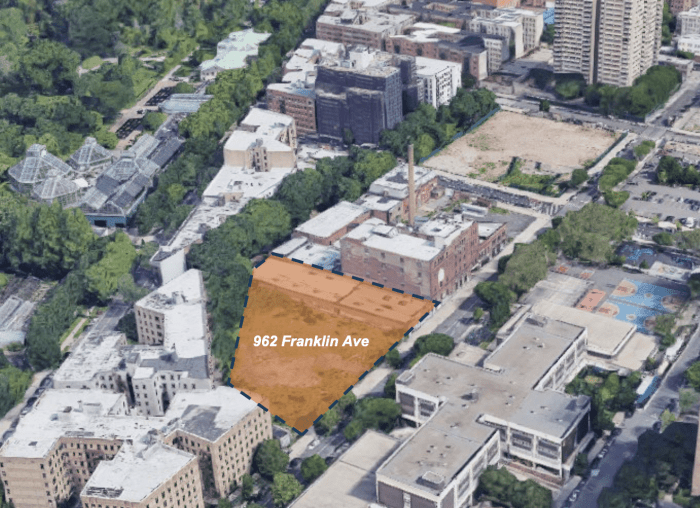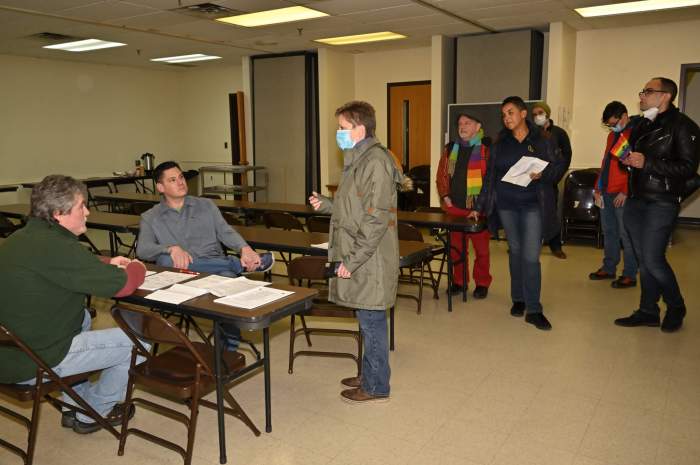Rex Tillerson, Ben Carson, Jeff Sessions and others nominated by President Donald Trump for Cabinet roles had to be confirmed by the Senate before they could officially take their roles in the administration.
All the secretaries and directors of U.S. departments need Senate confirmation, while advisory roles do not. Reince Priebus and Stephen Bannon — Trump’s picks for chief of staff and chief strategist, respectively — are among the appointees who didn’t need further approval.
Senate confirmations of these executive roles require a simple majority, instead of the 60 votes needed to pass legislation. This differs from the confirmation of Supreme Court justices, which requires approval from at least 60 senators.
Here’s what you need to know about the confirmations of Cabinet members and other top roles:
How many appointments have to be confirmed by the Senate?
The Senate must confirm over 1,000 positions in the executive branch, but some will receive more attention than others. The most important positions to be confirmed are the Cabinet members, all of whom need Senate approval. Here are the Cabinet nominees and some of the others who will need Senate confirmation:
Secretary of state: Rex Tillerson
Treasury secretary: Steven Mnuchin
Defense secretary: James Mattis
Attorney general: Jeff Sessions
Secretary of the Interior: Ryan Zinke
Commerce secretary: Wilbur Ross
Labor secretary: R. Alexander Acosta
Secretary of health and human services: Tom Price
Secretary of housing and urban development: Ben Carson
Transportation secretary: Elaine Chao
Energy secretary: Rick Perry
Education secretary: Betsy DeVos
Secretary of homeland security: John Kelly
Secretary of agriculture: Sonny Perdue
Secretary of Veterans Affairs: David Shulkin
Director of National Intelligence: Dan Coats
CIA director: Mike Pompeo
U.S. Trade Representative: Robert Lighthizer
EPA administrator: Scott Pruitt
Administrator of the Small Business Administration: Linda McMahon
White House Office of Management and Budget director: Mick Mulvaney
U.S. ambassador to the United Nations: Nikki Haley
What is the confirmation process?
After a nominee is selected, the individual must be cleared by the FBI. After the background investigation, the nomination is considered by the Senate. The nomination is first reviewed by a Senate committee, which can vote to send the nomination directly to the Senate floor for a vote or can hold hearings on the nomination.
Some committees hold hearings on all nominations, while others only hold hearings for some nominations.
After a committee reviews the nomination, it refers it to the full Senate favorably, unfavorably or without recommendation. A simple majority must be met in the committee to refer the nomination. The full Senate then votes on the nomination, and the nominee needs a simple majority to be appointed.
A committee can also vote to not refer the nomination to the full Senate, which will kill the nomination. In some cases, the full Senate can vote to move the nomination along without a referral from the committee.
Some nominations are able to bypass committee referral as a result of the Senate Resolution 116, which passed in 2011 to allow an expedited process for some positions.
When does the process take place?
The confirmation process began on Jan. 10, 2017 with a hearing for Sessions, Trump’s pick for attorney general.
Here’s who still needs to appear at a hearing:
R. Alexander Acosta: Secretary of labor
Sonny Perdue: Secretary of agriculture
Robert Lighthizer: U.S. Trade Representative
Here’s who has been approved by the full Senate:
Dan Coats: Director of National Intelligence
Rick Perry: Energy secretary
Ben Carson: Secretary of housing and urban development
Ryan Zinke: Secretary of the Interior
Wilbur Ross: Commerce secretary
Scott Pruitt: EPA administrator
Mick Mulvaney: White House Office of Management and Budget director
Linda McMahon: Administrator of the Small Business Administration
Steven Mnuchin: Treasury secretary
David Shulkin: Secretary of Veterans Affairs
Tom Price: Secretary of health and human services
Jeff Sessions: Attorney general
Betsy DeVos: Education secretary
Elaine Chao: Transportation secretary
Rex Tillerson: Secretary of State
Nikki Haley: U.S. ambassador to the United Nations
Mike Pompeo: CIA director
James: Mattis: Defense secretary
John Kelly: Director of homeland security
None of Trump’s nominees have been blocked as of March 15, however, the president’s choice for labor secretary, Andrew Puzder, withdrew his name from consideration on Feb. 15.




